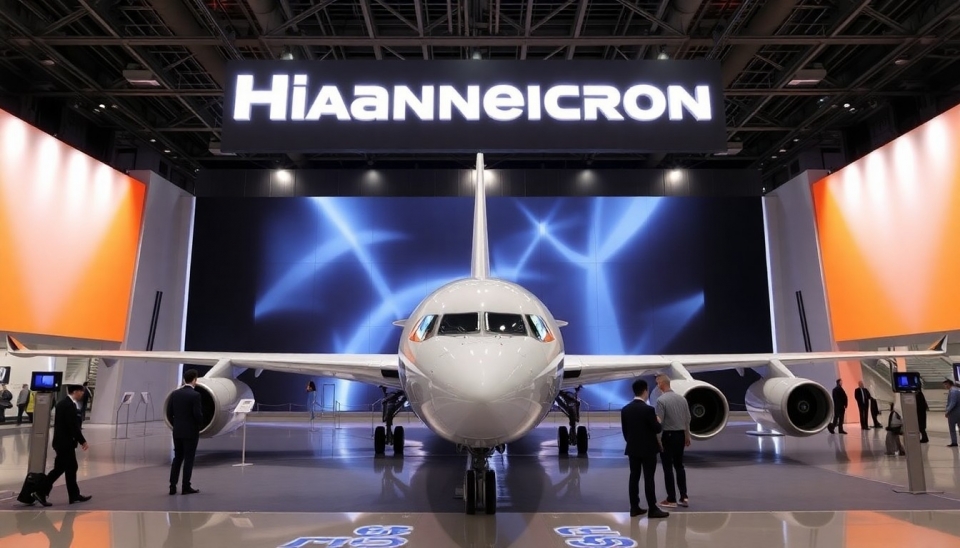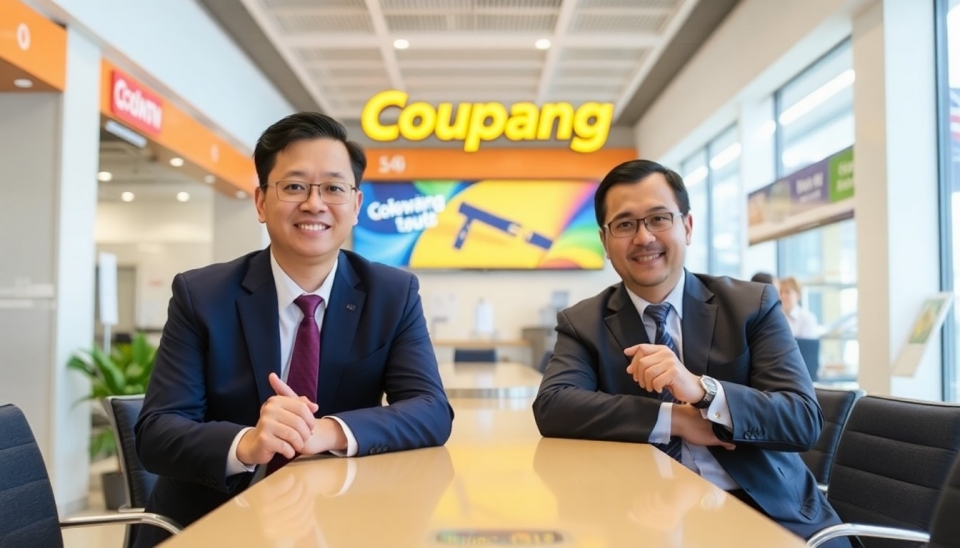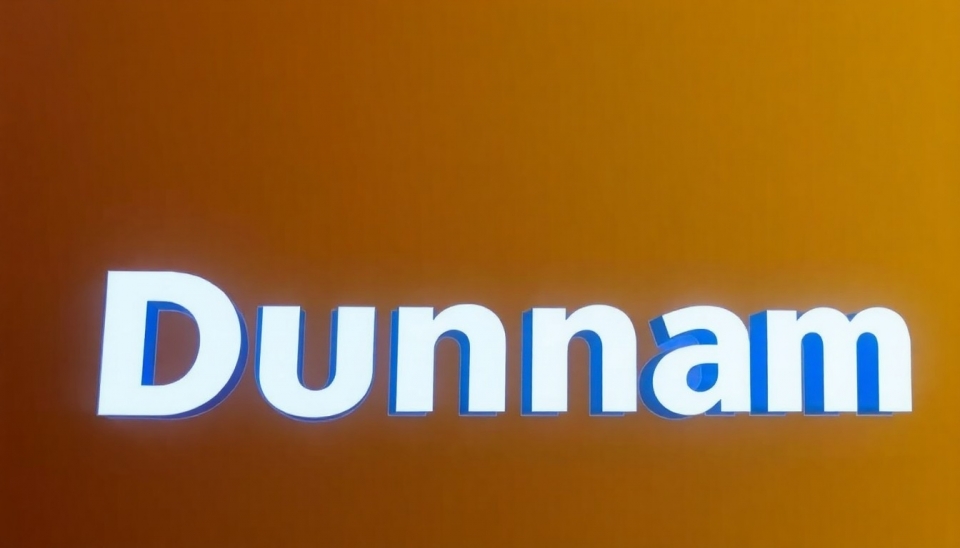
In a significant shift within the tech industry, South Korea's memory chip sector is grappling with declining prices. This trend could signal a potential peak in the market, raising questions about the future dynamics of semiconductor production and pricing. Major Korean companies, including Samsung Electronics Co. and SK Hynix Inc., are adjusting their strategies in response to these developing trends.
The decline in memory chip prices over recent months has been notable. Prices have fallen sharply, driven by several factors including reduced demand in various sectors such as personal computers and smartphones. Analysts suggest that this downturn is reflective of an oversupply situation, where production has outstripped market appetite. Samsung and SK Hynix, which together constitute a substantial portion of the global memory chip market, are feeling the impact significantly.
Economic pressures, including rising inflation, have also contributed to diminished consumer spending, particularly on electronic devices that utilize memory chips. As businesses and consumers alike tighten their budgets, the demand for high-performance memory solutions has inevitably slowed. Industry experts warn that this trend might not just be a temporary dip but could indicate broader systemic issues within the technology supply chain.
As the situation unfolds, these leading firms are exploring various measures to mitigate the impact of declining prices and protect profit margins. Analysts have noted that inventory adjustments might be on the horizon, with these companies potentially scaling back production to avoid exacerbating the supply surplus. Furthermore, there's speculation that investments in advanced semiconductor technologies might be redirected in light of current economic conditions and market sentiments.
The ramifications of these price changes extend beyond South Korea. The semiconductor industry is experiencing a global recalibration, with implications for tech companies worldwide that are reliant on memory chips. For companies in the consumer electronics space, the sustained decline in prices may offer short-term relief but raise concerns about the long-term viability of maintaining healthy margins in an increasingly competitive environment.
In conclusion, South Korea's memory chip market is at a crucial juncture. With prices cooling and demand wavering, both Samsung and SK Hynix must navigate a challenging landscape that may dictate the industry's trajectory for years to come. Stakeholders will be closely watching how these significant players adjust their strategies in response to this evolving scenario.
#SouthKorea #MemoryChips #TechIndustry #Samsung #SKHynix #ChipMarket #Economy #Electronics #Semiconductors
Author: Emily Collins




